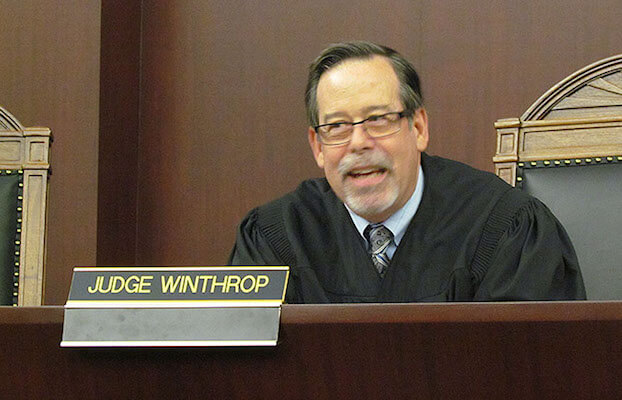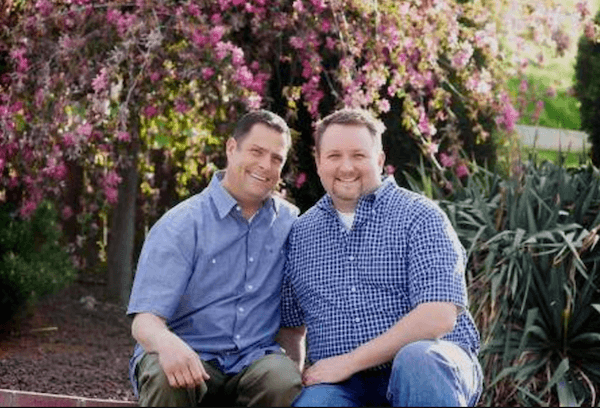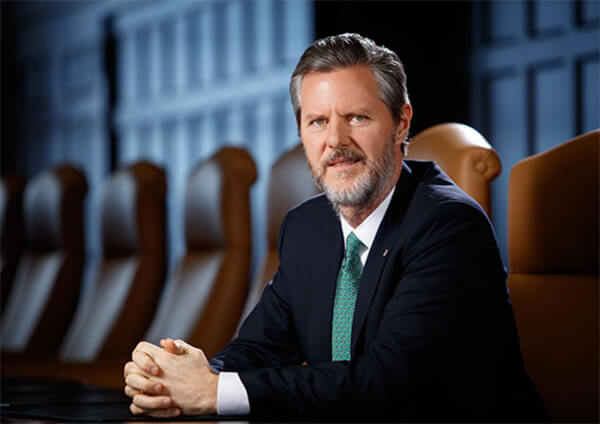James Esseks, who heads the ACLU LGBT & AIDS Project. | ACLU.ORG
Senior members of the American Civil Liberties Union say that while efforts in a few states to enact laws exempting businesses and government employees from participating in the marriages of gay and lesbian couples have received media attention, they have largely been unsuccessful.
“I think the way this is going to continue is a few small conflicts here and there,” said James Esseks, director of the ACLU Lesbian Gay Bisexual Transgender & AIDS Project, during an October 23 briefing with reporters.
Currently, 32 states let lesbian and gay couples marry and that number is expected to grow quickly. The conservative response to this success has been to press for state laws that would let private businesses and government employees refuse to serve these couples or perform such nuptials if they have religious objections to same-sex marriage.
Senior legal staffers point to defeat of legislative efforts in many states
In recent legislative sessions, state legislators introduced bills in 10 states that were touted as ways of generally protecting religious freedom. The bills were defeated in nine of those 10 states, Esseks said. Three other states had laws that specifically targeted gay and lesbian people. None passed.
“The intent behind some of those laws was very clearly to discriminate against lesbians and gay men,” Esseks said.
This year, owners of wedding chapels, which are private businesses, in Nevada and Idaho announced that they would refuse to marry gay and lesbian couples after federal courts in those states struck down marriage bans there. They cited their religious views as justification. Nevada law bars discrimination based on sexual orientation and gender identity by businesses.
“In Nevada, open for business means open to all,” said Tod Story, executive director of the ACLU of Nevada. “A few wedding chapels have said they will refuse to perform weddings for same-sex couples.”
In Idaho, the owners of Hitching Post in Coeur d’Alene first announced that they would not marry gay and lesbian couples. Originally established as a for-profit business, Hitching Post has apparently changed its legal status to a religious corporation, which would exempt it from the city’s anti-discrimination law.
Leo Morales, the interim executive director at the ACLU of Idaho, said Hitching Post had “restructured themselves to become a religious organization” and that the law provided a “reasonable exception” for such corporations. The ACLU has a long history of defending religious freedom.
On October 21, Phil Berger, the Republican leader of the State Senate in North Carolina, issued a press release saying he would try to enact legislation that would let government employees in that state deny marriage services to gay and lesbian couples. The Associated Press reported that on October 26, Berger and 27 other senators asked state court administrators to not punish state employees who refuse to marry gay and lesbian couples.
“Regardless of their political ideology, all North Carolinians should be deeply concerned by this proposal,” said Christopher Brook, the legal director at the ACLU of North Carolina. “State officials don’t get to pick and choose which laws they will follow… Government officials serve all the public.”
North Carolina may present the most serious challenge to gay and lesbian couples seeking to wed, but so far Berger and his colleagues have done little more than issue press statements.
Twenty-one states bar discrimination based on sexual orientation and 18 of those also bar discrimination based on gender identity. Businesses in those states are likely barred from refusing to serve gay and lesbian couples. If the court rulings continue on their current trend, it appears that government employees in all 50 states will soon be barred from refusing to marry gay and lesbian couples.



































